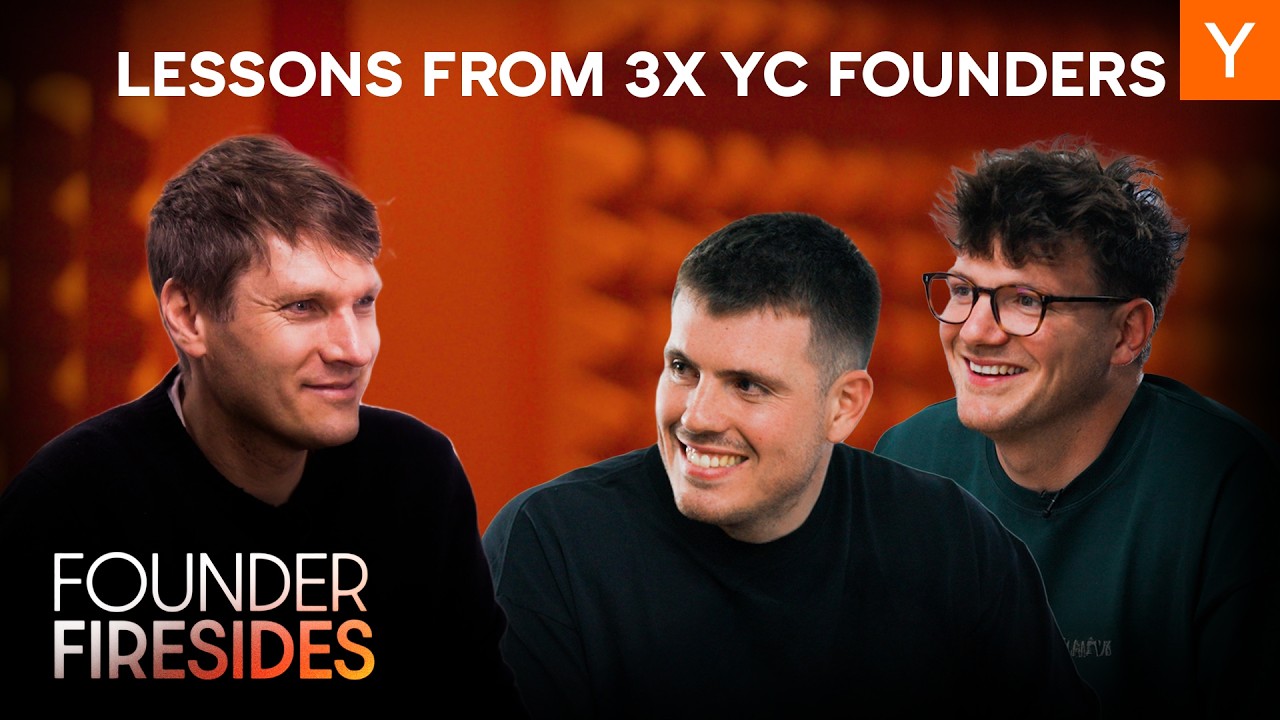Arie and Chaz Englander, founders of Model ML, have developed an AI-powered workspace tailored for financial services that automates data-intensive tasks by integrating internal and external data sources, gaining adoption among top private equity firms and investment banks. Drawing on their entrepreneurial experience, they emphasize perseverance, customer-centric iteration, and strategic hiring while highlighting the rapid AI adoption in finance and offering insights on startup culture and building successful partnerships.
The video features Arie and Chaz Englander, founders of Model ML, an AI-powered workspace designed specifically for financial services. Their platform functions like an advanced office suite—akin to Word, PowerPoint, and Excel—but is integrated with a cognitive architecture that connects to a firm’s internal data, emails, CRM, and public data sources. This integration automates and streamlines traditionally manual and repetitive tasks such as gathering data for earnings summaries, significantly reducing the time and effort analysts spend on these processes. The founders highlight that their product is already in use by about 10% of the largest private equity firms and investment banks worldwide, marking a significant shift in how financial institutions adopt AI-driven software.
Arie and Chaz share their journey from their previous successful startups, Fancy and Fat Llama, to building Model ML. They emphasize the importance of perseverance and passion in entrepreneurship, noting that building startups involves many ups and downs, and success often comes from consistent effort and logical decision-making. Their experience with earlier companies taught them valuable lessons about hiring the right people—those who not only have the skills but also enjoy the work and fit culturally with the team. They stress the importance of working closely with customers to iterate quickly and maintain a customer-centric approach, which has been crucial across all their ventures.
The founders discuss the rapid evolution of AI models over the past year, noting a fundamental shift from experimentation to widespread adoption in the financial sector. They observe that AI tools are now outperforming humans in many data-gathering tasks, leading to increased trust and investment from top firms. This shift has transformed the sales process, with decisions being made at the highest levels of organizations, including CEOs and senior executives, reflecting AI’s strategic importance. The team also highlights the global nature of their business, with offices and teams spread across London, New York, Hong Kong, Singapore, and India, underscoring the need for face-to-face interactions to build trust in high-stakes environments.
A significant portion of the conversation revolves around the founders’ reflections on startup culture and the unique challenges of building companies in different regions. They praise the Bay Area’s intense work ethic and vibrant startup ecosystem, which they find difficult to replicate elsewhere, though they acknowledge Europe’s strong engineering talent and less competitive hiring landscape. They advise founders to be rigorous in hiring and to position themselves in cities with ambitious peers to maximize their chances of success. The Englander brothers also discuss the benefits of being siblings as co-founders, highlighting their transparent communication, trust, and complementary skill sets as key factors in their effective partnership.
Finally, Arie and Chaz offer advice to aspiring entrepreneurs, especially those early in their careers or considering AI startups. They candidly describe the hardships of startup life but encourage those with passion and perseverance to pursue building companies. They emphasize the value of learning through experience, the importance of enjoying the journey, and the need to be adaptable and fast-moving, especially when transitioning from traditional industries like finance to tech startups. Their story illustrates how combining deep domain knowledge with cutting-edge AI technology can create transformative products that deliver tangible value and reshape entire industries.
